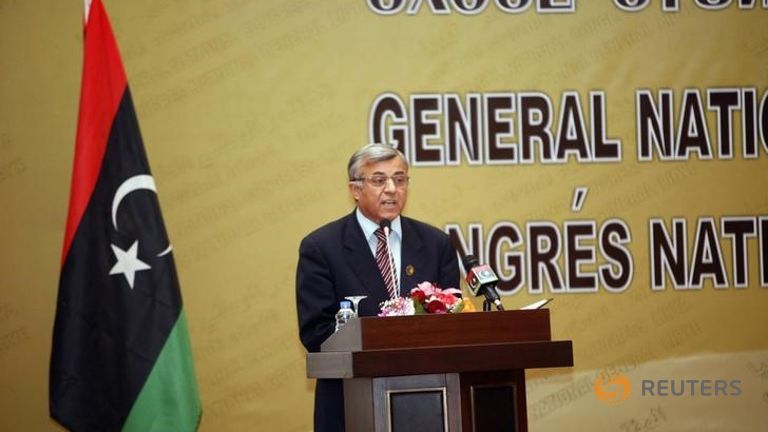Uganda’s Supreme Court has recently upheld the re-election of President Yoweri Museveni in the February 18 national poll. The court rejected a petition brought by former Prime Minister and presidential candidate Amama Mbabazi.
The electoral commission announced on February 20 that Museveni had won 60 percent of the vote to opposition challenger Kizza Besigye’s 30.5 percent.
Mbabazi had asked the court to nullify the results on the grounds the electoral commission did not adhere to the country’s electoral laws. But the court noted that while there were some irregularities, they did not affect the final results of the election to justify annulment.
Retired major general Jim Muhwezi, Uganda’s minister of information and national guidance, said the Supreme Court ruling confirms the choice of Ugandans when they re-elected President Museveni. “The government, of course, is very happy because it has confirmed what we knew very well, that the people of Uganda had expressed their choice and President Museveni won the election by over 50 percent. So the Supreme Court has confirmed what we believe,” Muhwezi said.
Muhwezi said it is up to Museveni and the opposition to heal and reunite the country now that the courts have spoken.
“That is true that the responsibility is with the president and the government as it was when he took up arms and liberated this country and has done everything to bring to what it is today. It still remains his responsibility to bring everybody together. But it’s also the responsibility of anybody who takes upon himself to lead the people. The leader of the biggest opposition group also has the responsibility to make sure that he contributes to that process of unifying the country,” Muhwezi said.
“Pretty much what I had expected and that is because of a number of reasons. First and foremost, every petition, even in the best of circumstances is faced with very many obstacles against a petitioner because a petitioner in an election has only 10 days to prepare and present a petition in court. But these are not the best circumstances. We are talking about a situation where there is heavy intimidation of the citizenry, and anybody who purports to be a witness. But over and beyond that, we have the challenge of our institutions including the courts,” Besigye said.
Mbabazi, who brought the petition, told journalists after the court ruling that the struggle for democracy in Uganda will continue. The former prime minister said he will “continue to pursue the idea of reforming the law so that the petitioner is given enough time to gather and present enough evidence in court.”



